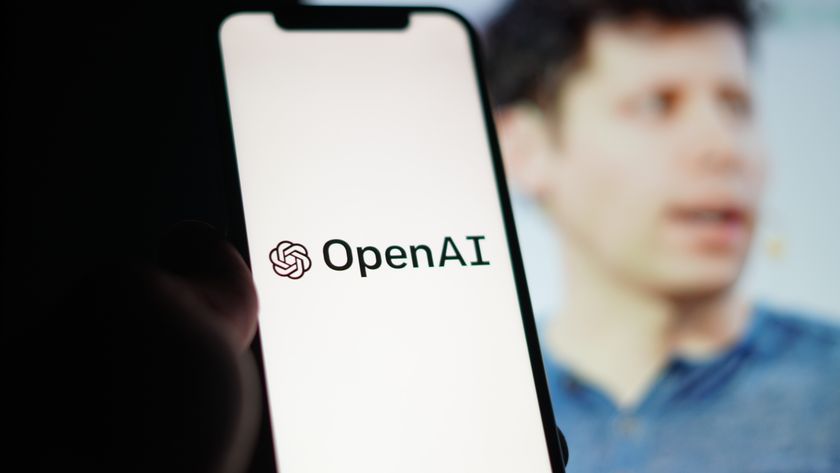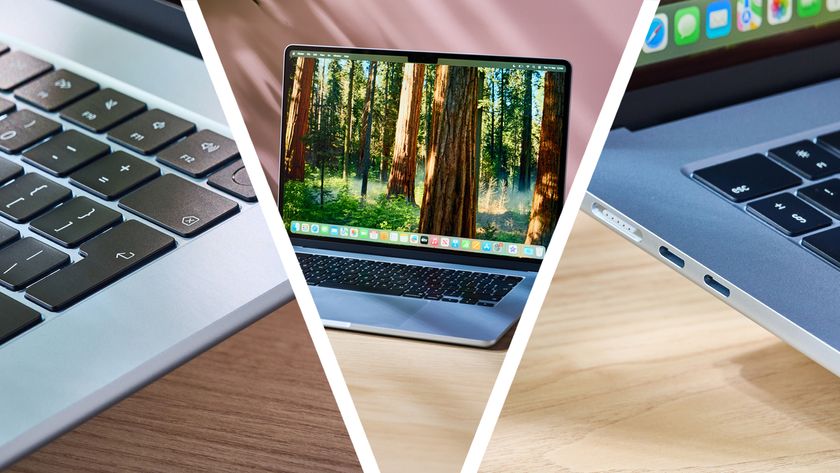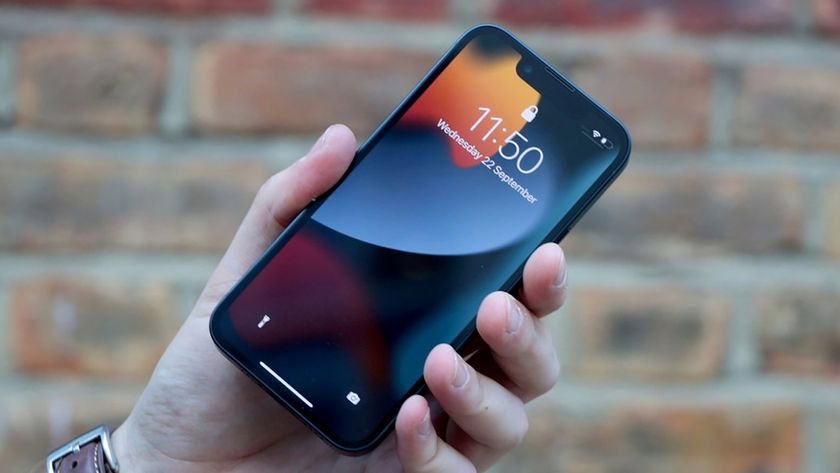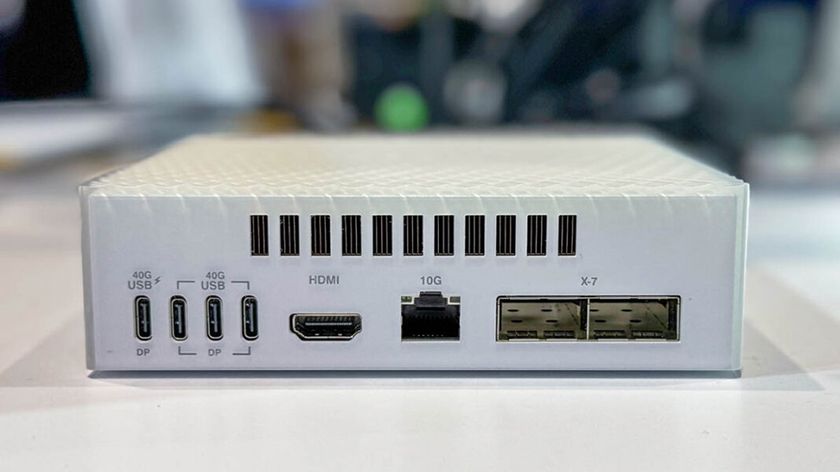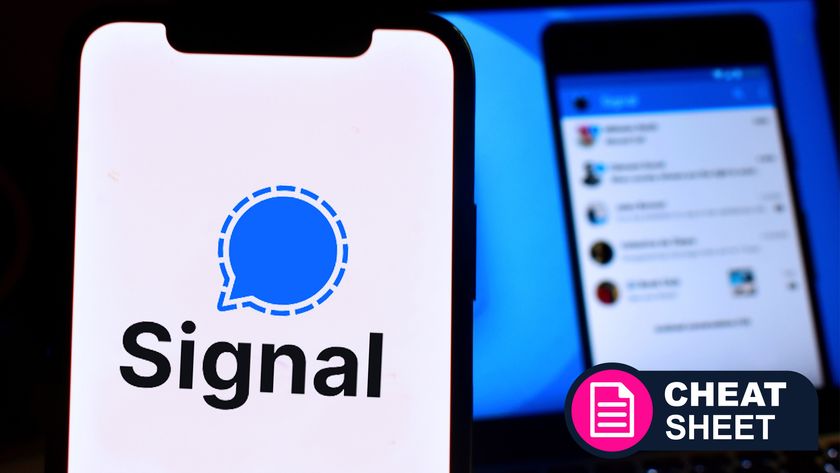The world's largest laptop SSD will be a 16TB model from Sabrent
Need for storage, rather than need for speed.
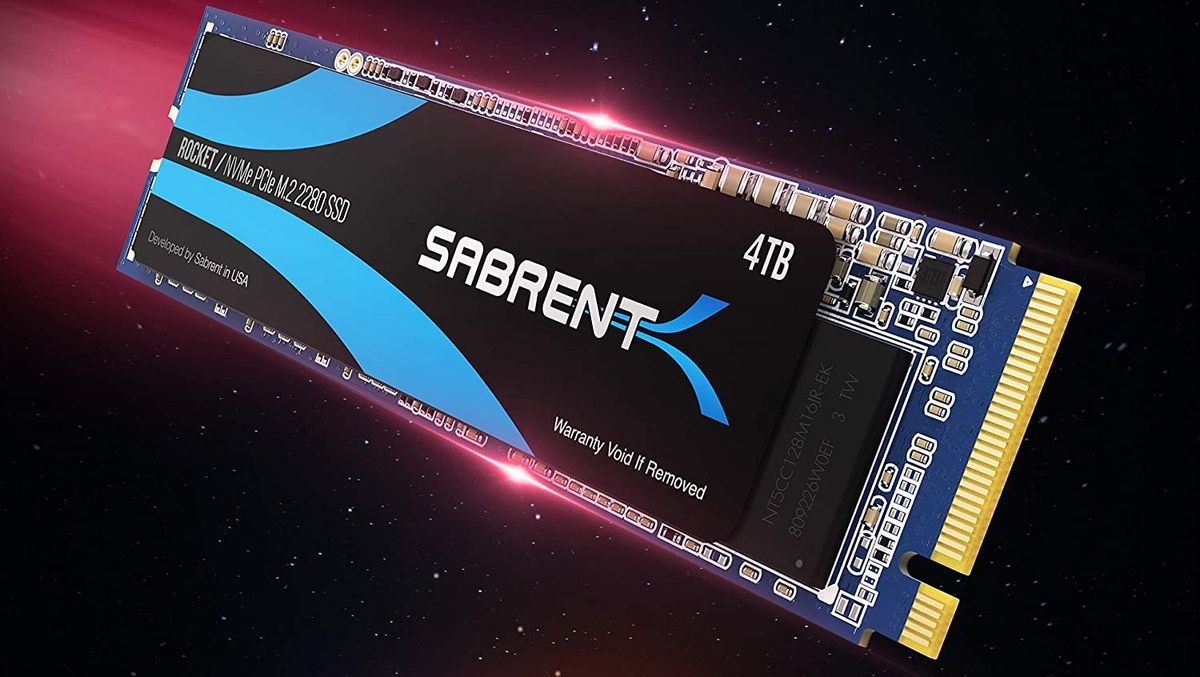
Sabrent, one of the most aggressive challenger brands in storage, will soon launch a 16TB solid state drive. It will be a 2.5-inch SATA model that we can safely assume will be compatible with laptop drives with a spare slot (ed: unless it is a 9.5mm model, rather than a 7mm one).
Engineering samples are undergoing testing and both enterprise and client versions will be available to buyers very soon, we've been told. Pricing is unknown, but we expect it to be around $2,000 or $125 per Terabyte, roughly 30% more than the cheapest Terabyte SATA SSD on the market.
The drives will most likely be based on the reference design announced by Phison earlier this year at CES 2020, and showcased by our sister publication Tomshardware. The E12S controller uses Micron 96-layer QLC packages and a handful of them will be needed to reach the stated 16TB capacity.
- Check out our list of the best portable SSDs available
- Here's our list of the best cloud storage services right now
- We've built a list of the best cloud backup services on the market
Back in January, the prototype drive pulled off 550/530 MBps of read/write throughput and 95,000/90,000 IOPS of random read/write performance, with the bus being the main/only bottleneck.
Earlier this year, Sabrent unveiled the supposed world's fastest SSD, the 2TB Rocket 4 Plus (also based on a Phison reference design), as well as the world's largest PCIe NVMe M2 SSD, the 8TB Rocket Q4, and what is probably the smallest external SSD, the Sabrent Nano.
Samsung currently has the biggest SATA SSD drive by capacity, the 870 QVO - an 8TB monster that sells for around $800. Hard disk drives, meanwhile, are nowhere to be seen, with the largest reaching 5TB for extra thick 9.5mm models.
- Here's our list of the best external hard drives right now
Are you a pro? Subscribe to our newsletter
Sign up to the TechRadar Pro newsletter to get all the top news, opinion, features and guidance your business needs to succeed!

Désiré has been musing and writing about technology during a career spanning four decades. He dabbled in website builders and web hosting when DHTML and frames were in vogue and started narrating about the impact of technology on society just before the start of the Y2K hysteria at the turn of the last millennium.

